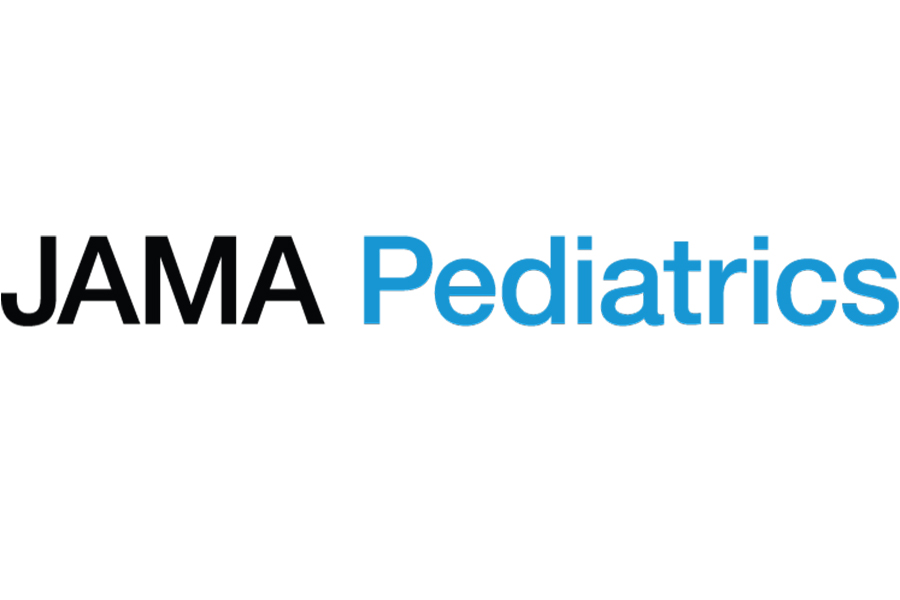 “Angelman syndrome (AS) is a neurodevelopmental disorder characterized by intellectual disability, lack of speech, ataxia, EEG abnormalities, and epilepsy. Seizures in AS individuals are common, debilitating, and often drug-resistant. Therefore, there is an unmet need for better treatment options.
“Angelman syndrome (AS) is a neurodevelopmental disorder characterized by intellectual disability, lack of speech, ataxia, EEG abnormalities, and epilepsy. Seizures in AS individuals are common, debilitating, and often drug-resistant. Therefore, there is an unmet need for better treatment options.
Cannabidiol (CBD), a major phytocannabinoid constituent of cannabis, has antiseizure activity and behavioral benefits in preclinical and clinical studies for some disorders associated with epilepsy, suggesting that the same could be true for AS.
Here we show that acute CBD (100 mg/kg) attenuated hyperthermia- and acoustically-induced seizures in a mouse model of AS. However, neither acute CBD nor a two-weeklong course of CBD administered immediately after a kindling protocol could halt the pro-epileptogenic plasticity observed in AS model mice.
CBD had a dose-dependent sedative effect, but did not have an impact on motor performance. CBD abrogated the enhanced intracortical local field potential power, including delta and theta rhythms observed in AS model mice, indicating that CBD administration could also help normalize the EEG deficits observed in individuals with AS.
Our results provide critical preclinical evidence supporting CBD treatment of seizures and alleviation of EEG abnormalities in AS, and will thus help guide the rational development of CBD as an AS treatment.”
https://www.ncbi.nlm.nih.gov/pubmed/31503547
https://www.jci.org/articles/view/130419

 “The Endocannabinoid (eCB) system and its role in many physiological and pathological conditions is well described and accepted, and includes cardiovascular disorders. However, the eCB system has been expanded to an “-ome”; the endocannabinoidome (eCBome) that includes endocannabinoid-related mediators, their protein targets and metabolic enzymes, many of which significantly impact upon cardiometabolic health. These recent discoveries are here summarized with a special focus on their potential involvement in atherosclerosis. We described the role of classical components of the eCB system (eCBs, CB1 and CB2 receptors) and eCB-related lipids, their regulatory enzymes and molecular targets in atherosclerosis. Furthermore, since increasing evidence points to significant cross-talk between the eCBome and the gut microbiome and the gut microbiome and atherosclerosis, we explore the possibility that a gut microbiome – eCBome axis has potential implications in atherosclerosis.”
“The Endocannabinoid (eCB) system and its role in many physiological and pathological conditions is well described and accepted, and includes cardiovascular disorders. However, the eCB system has been expanded to an “-ome”; the endocannabinoidome (eCBome) that includes endocannabinoid-related mediators, their protein targets and metabolic enzymes, many of which significantly impact upon cardiometabolic health. These recent discoveries are here summarized with a special focus on their potential involvement in atherosclerosis. We described the role of classical components of the eCB system (eCBs, CB1 and CB2 receptors) and eCB-related lipids, their regulatory enzymes and molecular targets in atherosclerosis. Furthermore, since increasing evidence points to significant cross-talk between the eCBome and the gut microbiome and the gut microbiome and atherosclerosis, we explore the possibility that a gut microbiome – eCBome axis has potential implications in atherosclerosis.” “Cannabis was extensively utilized for its medicinal properties till the 19th century. A steep decline in its medicinal usage was observed later due to its emergence as an illegal recreational drug.
“Cannabis was extensively utilized for its medicinal properties till the 19th century. A steep decline in its medicinal usage was observed later due to its emergence as an illegal recreational drug.
 “As more states enact laws liberalizing marijuana use and the U.S. opioid epidemic surges to unprecedented levels, understanding the relationship between marijuana and opioids is growing increasingly important.
“As more states enact laws liberalizing marijuana use and the U.S. opioid epidemic surges to unprecedented levels, understanding the relationship between marijuana and opioids is growing increasingly important. “Olivia Newton-John says medicinal marijuana is a key part of her treatment for stage four cancer. In an exclusive interview with 60 Minutes reporter Liz Hayes, Newton-John says that not only has cannabis assisted with her pain management, sleep and anxiety – but it’s having affects on her physical health too. “I’m incredibly pro cannabis,” she told Liz Hayes. “If I don’t take the cannabis, I can feel the pain so I know it’s working.”
“Olivia Newton-John says medicinal marijuana is a key part of her treatment for stage four cancer. In an exclusive interview with 60 Minutes reporter Liz Hayes, Newton-John says that not only has cannabis assisted with her pain management, sleep and anxiety – but it’s having affects on her physical health too. “I’m incredibly pro cannabis,” she told Liz Hayes. “If I don’t take the cannabis, I can feel the pain so I know it’s working.”
 “Obese individuals are more likely to show insulin resistance (IR). However, limited population studies on
“Obese individuals are more likely to show insulin resistance (IR). However, limited population studies on  “The purpose of the study was to describe associations between employment and marijuana use among adolescents 2 years before passage of 2012 ballot initiative and 2 years after the implementation of retail recreational marijuana sales took place in Washington.
“The purpose of the study was to describe associations between employment and marijuana use among adolescents 2 years before passage of 2012 ballot initiative and 2 years after the implementation of retail recreational marijuana sales took place in Washington.
